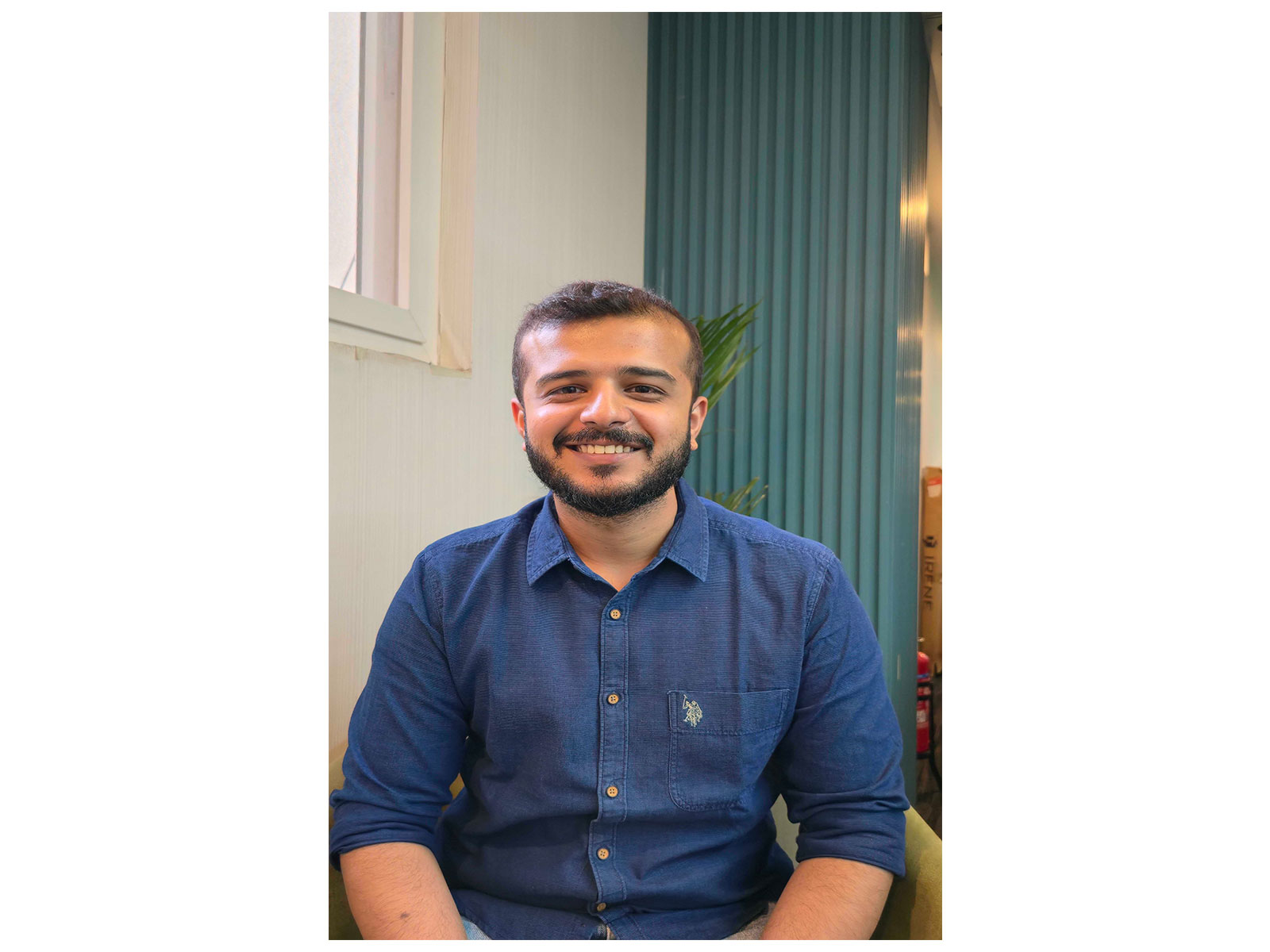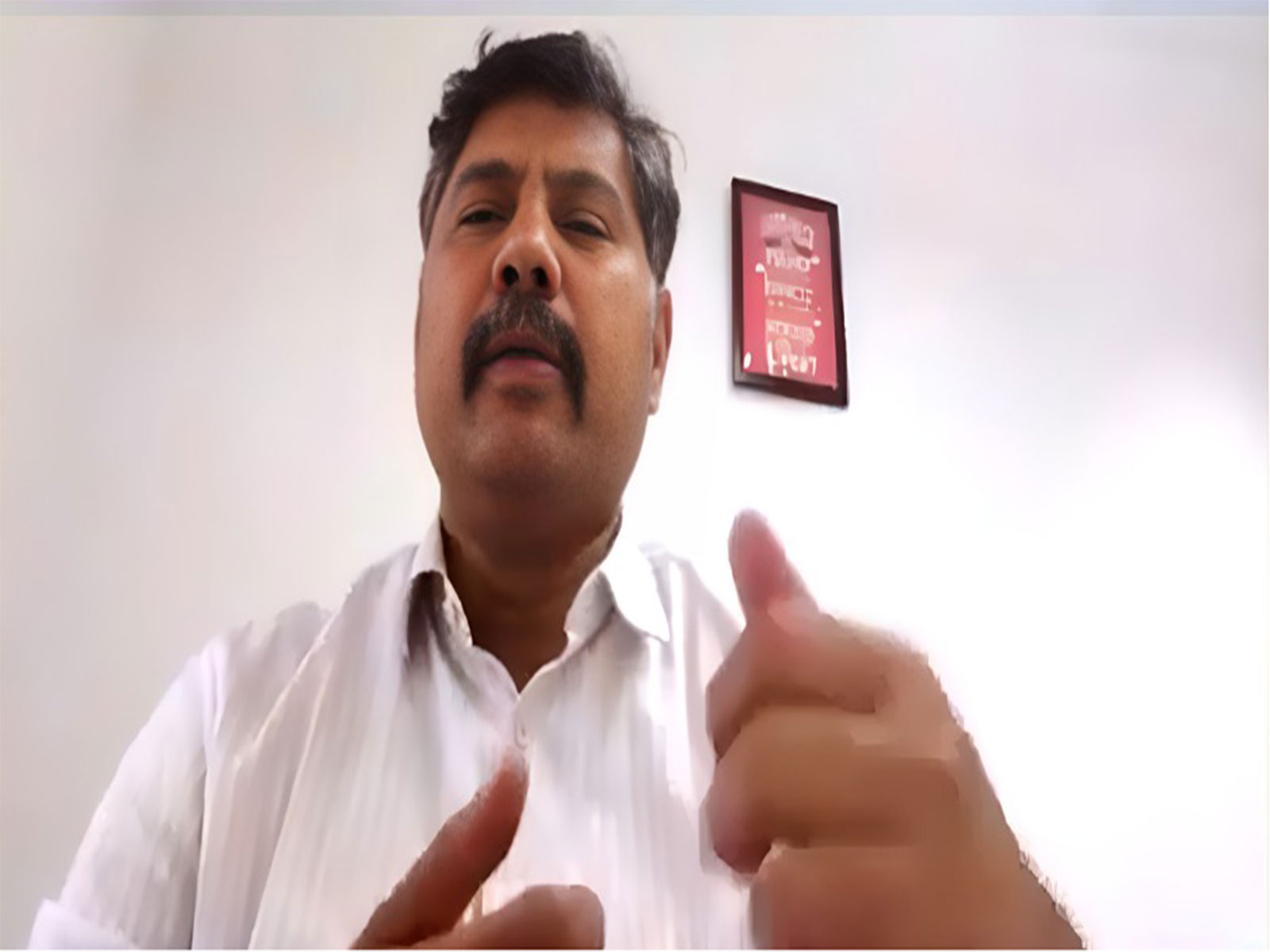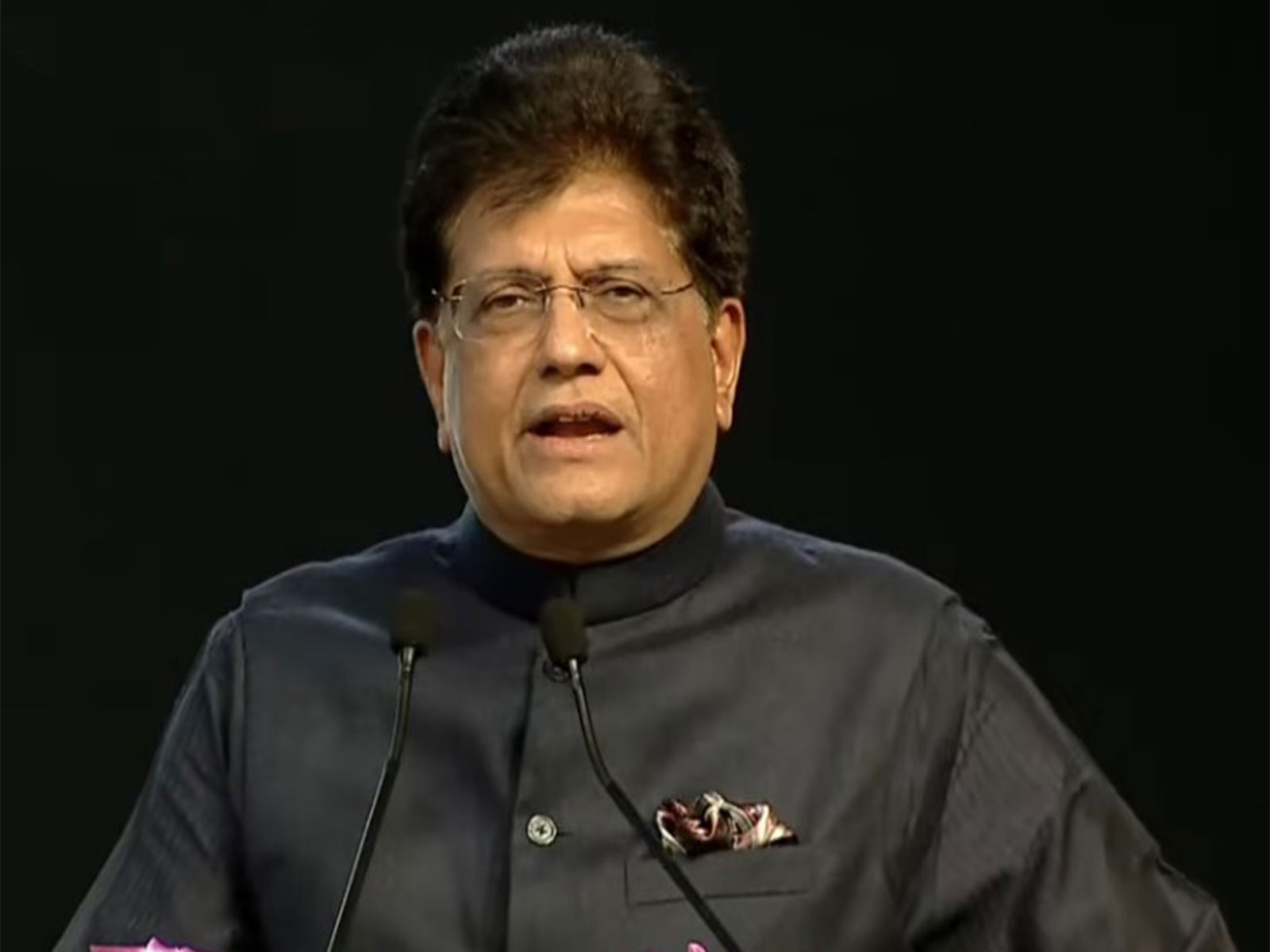NewsVoir
Bengaluru (Karnataka) [India], November 14: Financial literacy among Indian women remains alarmingly low – a challenge that has persisted for decades. Multiple, interconnected factors contribute to this gap, including cultural norms, limited educational opportunities, psychological barriers and infrastructural constraints. Understanding these barriers is crucial to designing solutions that empower women to achieve financial independence.
The roots of the gap!
Educational, Physical, Infrastructural and Time-related Barriers
When it comes to financial literacy, understanding the fundamentals remains one of the biggest challenges for women in India. Why? Many struggle with basic mathematical concepts due to gaps in foundational education, which makes informed financial decision-making difficult. This, in turn, affects their ability to save, invest and ensure their families’ financial well-being. Women without a college education may find it particularly hard to grasp core financial principles, including evaluating risk and reward, calculating compound interest, accounting for inflation and building a diversified portfolio. Adding to this, the financial world often feels exclusionary, filled with complex jargon that can be inaccessible, especially for those with limited prior exposure or English proficiency.
In rural and economically disadvantaged areas, the challenges are even greater. For many women, even basic literacy and numeracy are not guaranteed. In such contexts, financial education often takes a backseat to more immediate needs. The absence of trained educators, relatable role models, and community programs further adds to the problem. Additionally, the cost of courses can limit participation, particularly for women with tight budgets.
Physical and logistical barriers add another layer of difficulty. Travelling to financial literacy programs can be challenging due to unsafe, unreliable or expensive transport. Poor infrastructure, a lack of dedicated centres and limited internet connectivity further restrict opportunities to learn, whether in-person or online.
Time constraints also play a critical role. Women balancing work, household responsibilities and caregiving rarely have uninterrupted hours to focus on financial learning. For many, sheer exhaustion pushes it to the bottom of their priorities – not from lack of interest, but out of necessity.
In contrast, men are often encouraged towards early financial learning. From a young age, boys are more likely to be included in household money discussions, encouraged to manage allowances and given access to financial tools. They also tend to have better access to institutions, digital platforms, and educational resources, and face fewer time constraints due to traditional gender roles. These factors provide them with confidence and practical experience in managing money, contributing to the persistent gender gap in financial literacy.
Cultural Conditioning and Psychological Barriers
Cultural stereotypes have long shaped who makes financial decisions in Indian households. Traditional gender roles often assign men the responsibility of managing money, investments, and assets, while women are expected to focus on caregiving and domestic responsibilities.
This exclusion keeps women from participating in discussions about budgeting, planning or household expenses. Without these opportunities, they miss crucial hands-on experience, which is essential for building competence and confidence in managing money.
Over time, these cultural barriers feed directly into psychological doubts. Years of being excluded from financial decision-making erode self-confidence, leaving women hesitant to engage with money matters independently.
As said earlier, the mental load of balancing multiple roles – as mothers, homemakers, workers, and caregivers – further leaves little cognitive or emotional bandwidth for exploring financial concepts. And then comes the fear of making mistakes, which, when combined with financial validation, proves to be one of the major interrupters of financial education.
This cycle – where cultural conditioning leads to limited exposure, thereby fostering psychological barriers – creates a self-reinforcing pattern. Women, over time, perceive finance as complex or ‘not for them,’ and even when resources or educational opportunities are presented, they may feel unprepared to seize them.
The real reason why equal access to education is needed!
Providing female folks with equal access to financial education is not just a matter of fairness – it is essential for economic growth, social development and long-term resilience. Financially literate women are better equipped to manage household budgets, make informed investment decisions and navigate major life transitions such as marriage, parenthood or retirement.
The benefits of empowering women through financial literacy, however, extend far beyond individual households. When women are financially educated, they can participate actively in the economy, drive local development, and make decisions that positively impact their communities.
Evidence underscores the scale of this impact: a 2024 World Bank report shows that countries with higher female education levels experience stronger GDP growth, lower income inequality and greater resilience to economic shocks. In India, McKinsey & Company estimates that closing the gender gap in digital finance could add $700 billion to GDP by 2025.
Moreover, OECD data indicate that financially educated and empowered women contribute to reduced domestic violence and improved child welfare, highlighting the profound social as well as economic dividends of inclusion.
Breaking the cycle!
Education and awareness can become the most invaluable tools in breaking the cycle of financial illiteracy. Teaching financial matters from an early age, for instance, will equip women with the necessary skills to budget, save, invest and manage money confidently throughout their lives
Integrating these concepts into schools and extracurricular programs will further act as a fail-safe plan that provides lifelong women’s empowerment. It helps prepare future generations to contribute meaningfully to household and community finances.
Needless to say, technology can amplify this impact. Web-based or mobile-based applications that offer financial coaching and interactive workshops will make learning engaging and accessible. Volunteering programs, where young adults teach financial basics in rural schools, undoubtedly create a ripple effect – empowering children and inspiring families.
Equally important is building inclusive spaces that welcome women without any pre-conceived gender biases – think online forums, local meetups and networking events – where women can share experiences, learn collectively and find support. Language definitely plays an important role in all of this – communication that acknowledges female diversity ensures every woman feels represented and encouraged to participate.
Most importantly, raising financial awareness among women through targeted outreach can break the age-old stigma and promote a culture of proactive financial management. Above all, it must be realised from the core of the heart: financial literacy is not a choice but a requirement in today’s world, especially for all those who desire personal independence, empowerment and a more equitable society.
(ADVERTORIAL DISCLAIMER: The above press release has been provided by NewsVoir. ANI will not be responsible in any way for the content of the same)
Disclaimer: This story is auto-generated from a syndicated feed of ANI; only the image & headline may have been reworked by News Services Division of World News Network Inc Ltd and Palghar News and Pune News and World News
HINDI, MARATHI, GUJARATI, TAMIL, TELUGU, BENGALI, KANNADA, ORIYA, PUNJABI, URDU, MALAYALAM
For more details and packages

















